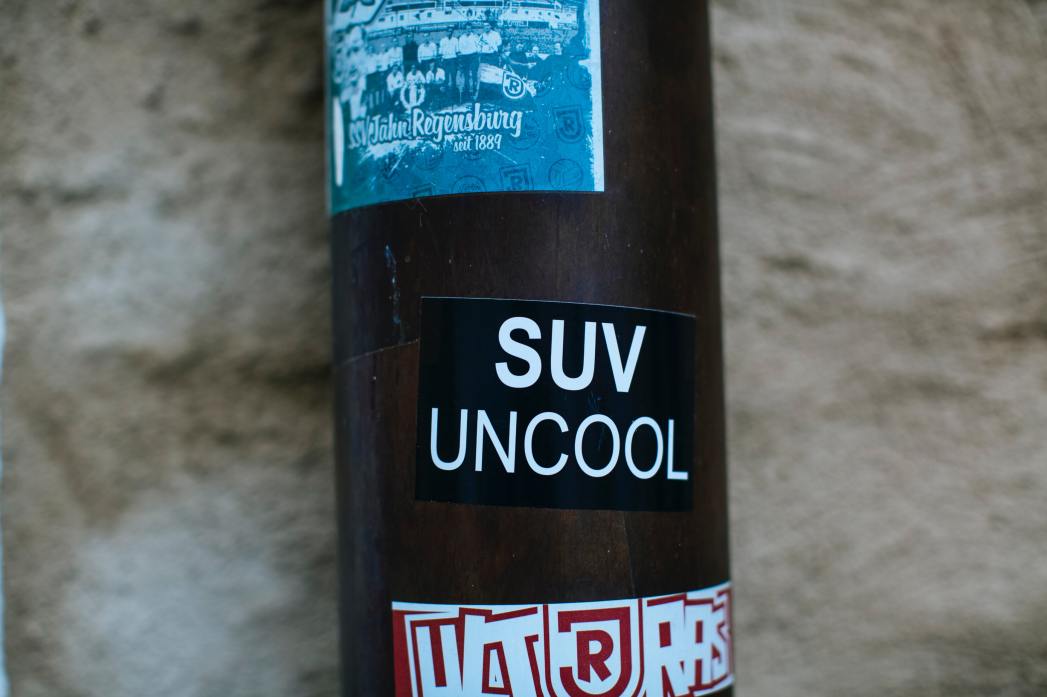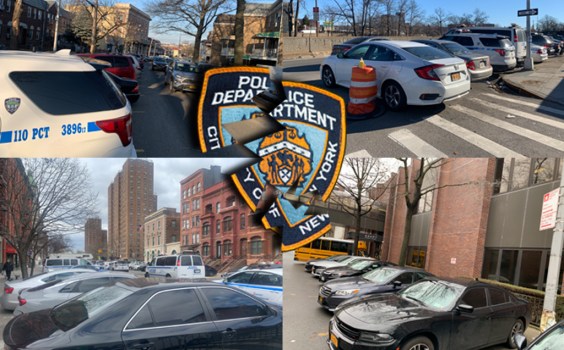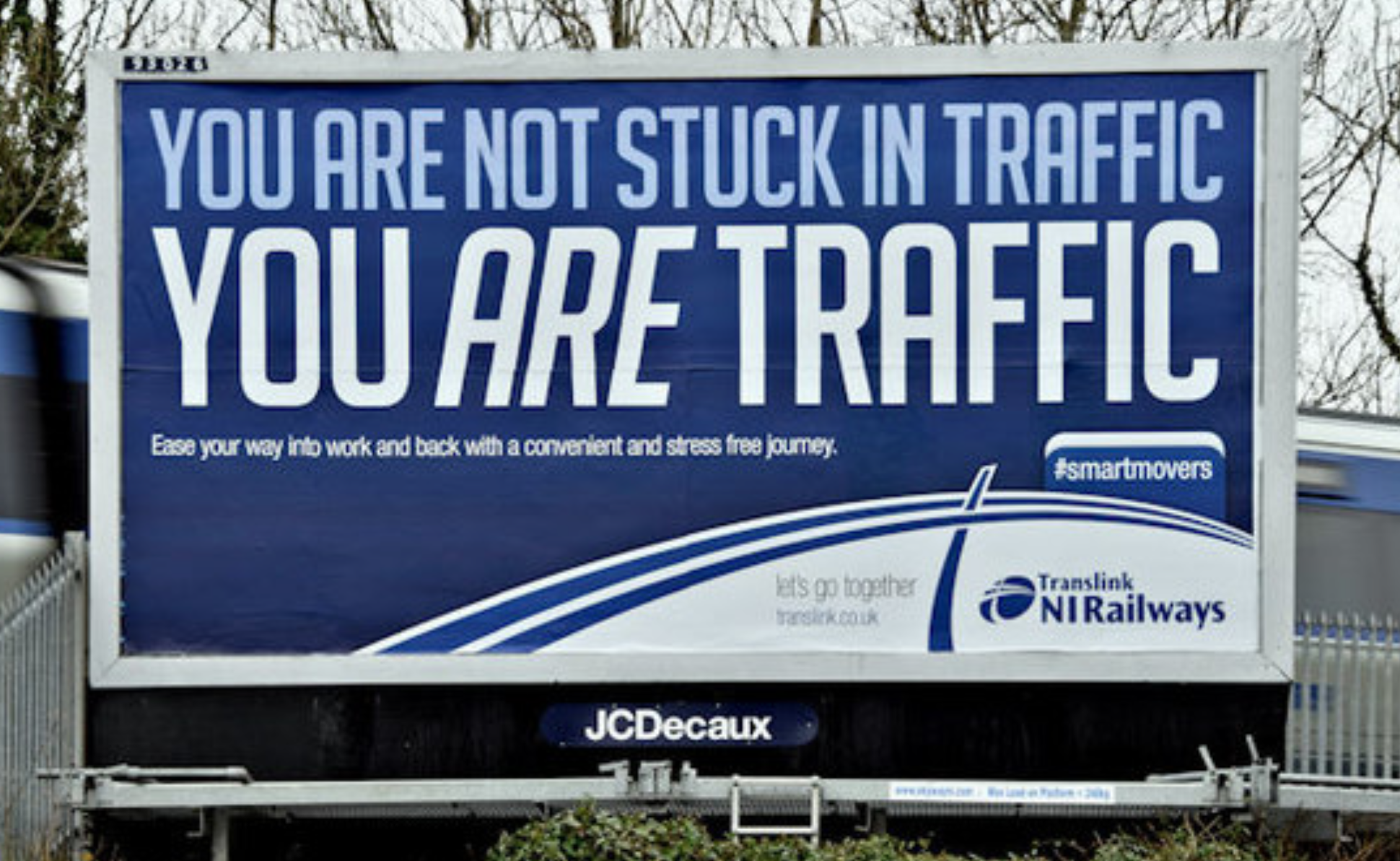A provision in the Senate jobs bill that would distribute $932 million in 2010 transportation funding based on existing earmarks is in line for a quick fix, thanks to a deal struck on Friday between House transportation committee chairman Jim Oberstar (D-MN) and Democratic leaders in the upper chamber.
But it's worth delving more deeply into the earmarking that dominated the two disputed grant programs, the Projects of Regional and National Significance (PRNS) and the National Corridor
Infrastructure Improvement Program (NCIIP).
The watchdog group Taxpayers for Common Sense (TCS), which first coined the term "Bridge to Nowhere" for Alaska's infamous infrastructure earmark, released a helpful spreadsheet yesterday that shows which state projects claimed the lion's share of the PRNS and NCIIP money in the 2005 federal transport law. TCS also calculated each state's share of the grant programs, levels that would continue this year if the Senate jobs bill passed without future corrections.
TCS' research sheds further light on the objections of Oberstar and other lawmakers who complained that the Senate jobs bill would send more than half the $932 million to four states -- California, Louisiana, Illinois, and Washington. But it also answers the question of why those four states.
From the TCS report:
As one looks at the states that benefited most from these earmarks inthe 2005 bill, it’s easy to see the political influence that was atplay. These earmarks were distributed based less on the importance ofthe projects proposed and more on the political influence of themembers who were fighting for the earmarks. It is interesting to notethat two of the projects ... are not even active, and their fundinghas been or may be “reprogrammed” for other uses; and that three of themembers involved are no longer serving in Congress.
Among the biggest recipients of PRNS and NCIIP earmarks were the so-called Prairie Parkway, a favored project of former House Speaker Dennis Hastert (R-IL) that was abandoned after an investigation found that he profited personally from land deals along the proposed highway; Louisiana's I-49, a priority Gov. Bobby Jindal (R-LA) that still lacks sufficient funding for completion; and the sprawling Bakersfield Beltway road proposal, championed by now-retired Rep. Bill Thomas (R-CA).
The House-Senate deal to open PRNS and NCIIP grants to all states does not mean that projects will be able to compete for the 2010 money, as was originally envisioned in the House jobs bill. Instead, states are set to receive a share of the two grant programs that is in line with existing road funding formulas.





